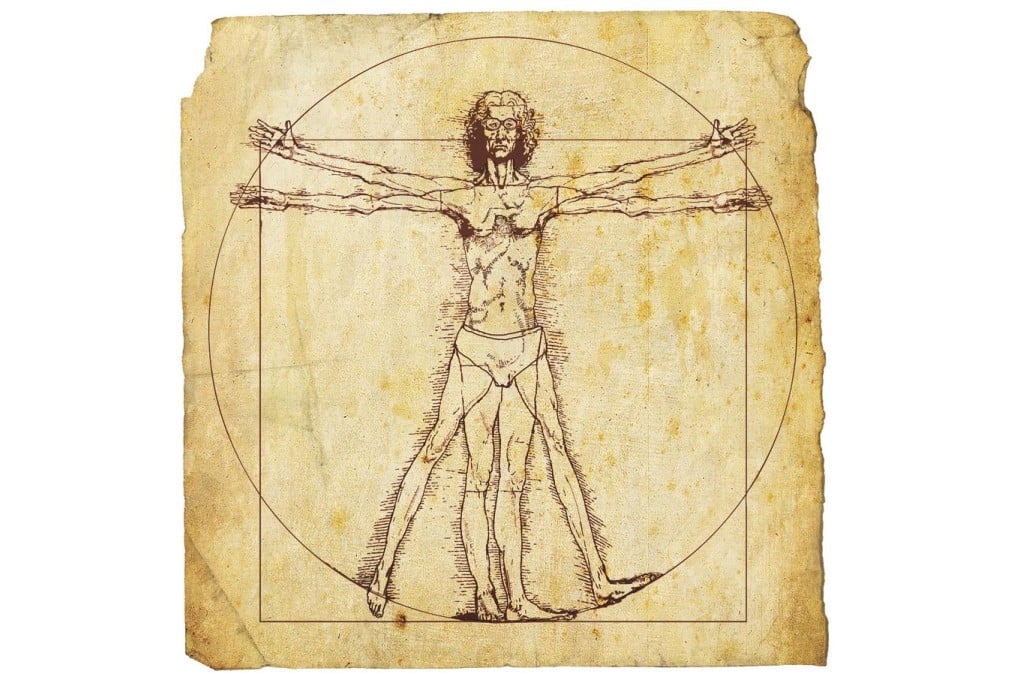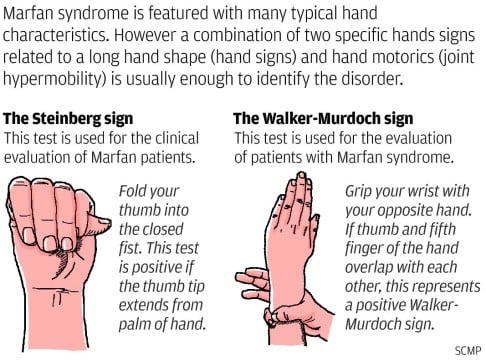Lifelong drug therapy the key to coping with Marfan syndrome
Lifelong drug therapy and monitoring are key to coping with Marfan syndrome, an incurable genetic disorder which causes defective connective tissues, says Sunory Dutt

As a teenager, Ar Tim had an operation to fix a recurring condition called pneumothorax, or collapsed lungs. She has also had surgery for scoliosis. Today, the 35-year-old is subjected to regular cardiovascular tests, as well as electrocardiograms, lung function tests, echocardiograms, regular follow-ups and X-rays of her spine, and occasional CT scans.
All this is because Ar Tim has Marfan syndrome. It's a genetic disorder that causes defective connective tissues which hinder the body's normal functioning.
The syndrome's severity typically increases over time. There is, as yet, no
The incidence of Marfan syndrome in Hong Kong among adults and children is one in 5,000, according to paediatric cardiologist Dr Dora Wong May-ling from the Hong Kong College of Cardiology. Over the years, she has seen an increase in referrals for diagnosis and treatment of Marfan syndrome.
A network of connective tissues holds the body together, providing a framework for growth and development. Because these connective tissues are found throughout the body, Marfan syndrome can affect many body systems, including the skeleton, eyes, heart and blood vessels, nervous system, skin, and lungs. The syndrome is not specific to any race or ethnic background.

Although a person with Marfan syndrome is born with the disorder, it may not be diagnosed until later in life. Research has found that the child of a person with the syndrome has a 50 per cent chance of inheriting the disease.